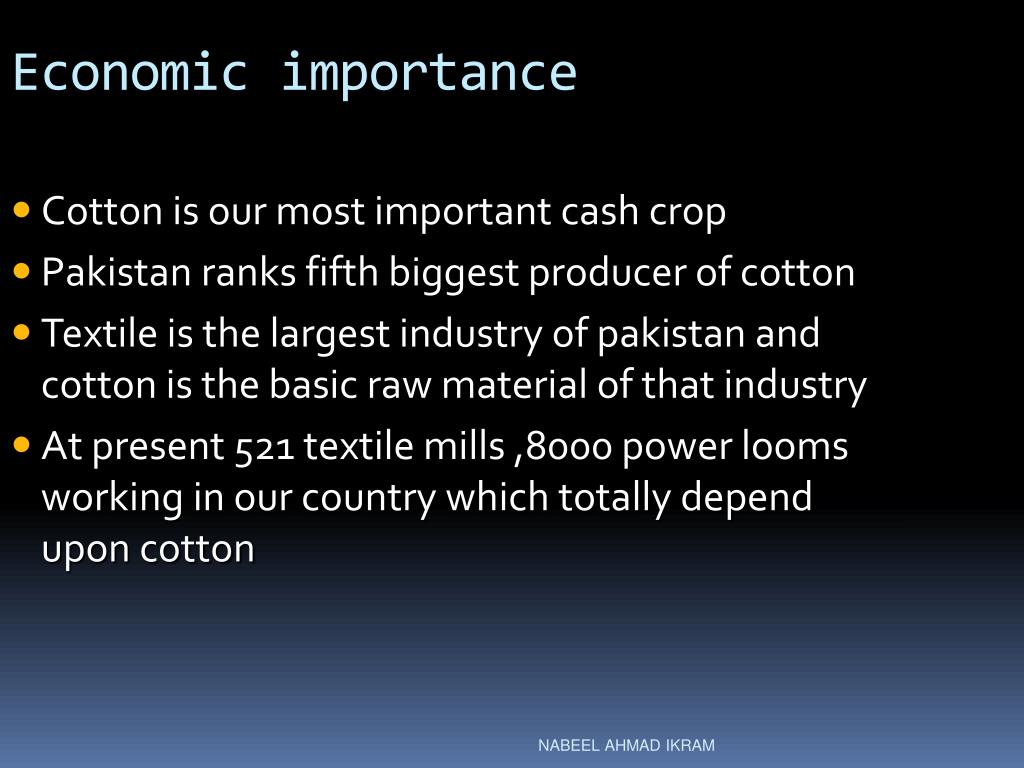Cotton had been known from time immemorial in Egypt, India, and China; it was introduced into Spain in the ninth century, but it was hardly known in England until the fifteenth century. Only in the seventeenth century was it introduced extensively from India, and then into other “divers regions,” including the southern colonies of English North America, and, in time, Africa. Empire thus made cotton the world’s best known, most important plant fiber.
Eventually cotton would be at the heart of the industrial revolution, would create a revolution in clothing, and would help assure the enslavement of millions of people. But in 1589, when Richard Haklluyt published his collection of Voyages and Discoveries, its potential was not yet recognized. Hakluyt’s description of the cotton plant combines curiosity, precise observation, and fascination with the new.
This groweth on a certain little tree or briar, not past the height of a man’s waist, or little more: the tree bath a slender stalk like unto a briar, or to a carnation gillyflower, with very many branches, bearing on every branch a fruit or rather a cod, growing in round form, containing in it the cotton: and when this bud or cod cometh to the bigness of a walnut, it openeth and showeth forth the cotton, which groweth still in bigness until it be like a fleece of wool as big as a man’s fist, and beginneth to be loose, and then they gather it as it were the ripe fruit. The seeds of these trees are as big as peas, and are black, and somewhat flat, and not round; they sow them in plowed ground, where they grow in the fields in great abundance in many countries in Persia, and divers other regions.
In the United States after independence, cotton contributed to the growth and survival of the plantation system and of slavery, since its cultivation was especially amenable to gang labor. The southern states thus became dependent on cotton as an export and failed to keep pace with northern (or “free soil”) farming and industry.
During the American Civil War the Confederacy hoped to have the support of Britain, since its textile industry relied on American raw cotton. This did not happen, however, because at the outbreak of the war in 1861 Britain had a 50 percent oversupply of cotton and a growing capacity to obtain alternative supplies from Egypt, India, and later Brazil. Thus cotton played a crucial role in economic and political history.

